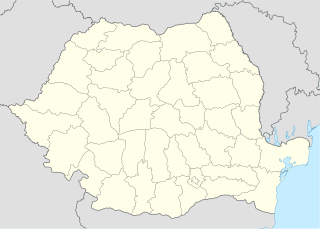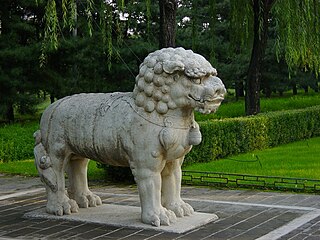 W
WThe Grass Mud Horse or Cǎonímǎ is a Chinese Internet meme based on a pun. Homophonic puns in Standard Chinese delight many Chinese people, and they have become an important component of Chinese culture.
 W
WGumuțeasca or Gomuțeasca is an argot used exclusively in the commune of Mărgău in Cluj County, Romania. The people of Mărgău traditionally worked with glass for centuries, making mirrors, windows and religious icons and selling them to other parts of the country such as Bucharest, the capital of Romania, or Brăila and Constanța. The people of Mărgău wandered all over the country to practice their profession, and in order to warn each other of possible dangerous people on the way to cities or to be able to put prices to their glass products without outsiders being able to understand them, they invented a form of speech that only they could understand: Gumuțeasca.
 W
W"Lion-Eating Poet in the Stone Den" is a short narrative poem written in Classical Chinese that is composed of about 94 characters in which every word is pronounced shi when read in present-day Standard Mandarin, with only the tones differing.
 W
WMacaronic language uses a mixture of languages, particularly bilingual puns or situations in which the languages are otherwise used in the same context. Hybrid words are effectively "internally macaronic". In spoken language, code-switching is using more than one language or dialect within the same conversation.
 W
WRhyming slang is a form of slang word construction in the English language. It is especially prevalent in the UK, Ireland and Australia. It was first used in the early 19th century in the East End of London; hence its alternative name, Cockney rhyming slang. In the United States, especially the criminal underworld of the West Coast between 1880 and 1920, rhyming slang has sometimes been known as Australian slang.
 W
WRosarigasino is a language game traditionally associated with the city of Rosario, province of Santa Fe, Argentina, even though very few people, if any, currently employ it.
 W
WTotoiana ("Totoian"), also known as the "Totoian language" or the "inverted language", is a speech form used in the village of Totoi in Alba County, Romania. It is unique to the village and not spoken in the other villages that form part of the commune of Sântimbru, to which Totoi belongs. Totoiana was created with the purpose of being unintelligible for normal Romanian speakers, although its origins or the reason why this would be needed are unknown. It has been said that, since the inhabitants of Totoi were good wood artisans who traded with their products, Totoiana could have been created so that other merchants could not understand them. However, George Cadar, a member of the Romanian Association of Semiotic Studies, claims to have recorded a similar form of speech far from Alba County, although he did not elaborate on this. Some also say it was created by servants so that their boyar employers in the nobility class could not understand them.